Home >Common Problem >3 Ways to Open System 32 Folder on Windows 11 or 10
System32 is one of the main folders used by Windows. During Windows installation, all necessary files and folders that are critical to the proper functioning of Windows are copied to this folder. These include important system files, related executable files used by Windows utilities, dynamic link libraries (DLLs), and even some software files are copied to this folder.
However, don’t be fooled by the name System32. This is true for both 32-bit and 64-bit computers. On a 64-bit computer, the System32 folder hosts the 64-bit files, while the 32-bit files are located in another folder called SysWOW64.
Nonetheless, you can still access the System32 folder on your Windows PC to view the files within it. Anything beyond that should be done with a full understanding of what you're doing. So without further ado, here are a few ways to open the System32 folder on Windows, whether you’re using Windows 11, Windows 10, or earlier.
The easiest way to access the System32 folder is through File Explorer itself. Here's how to do it:
Press Win E to open File Explorer. If you haven't already, click "This PC."
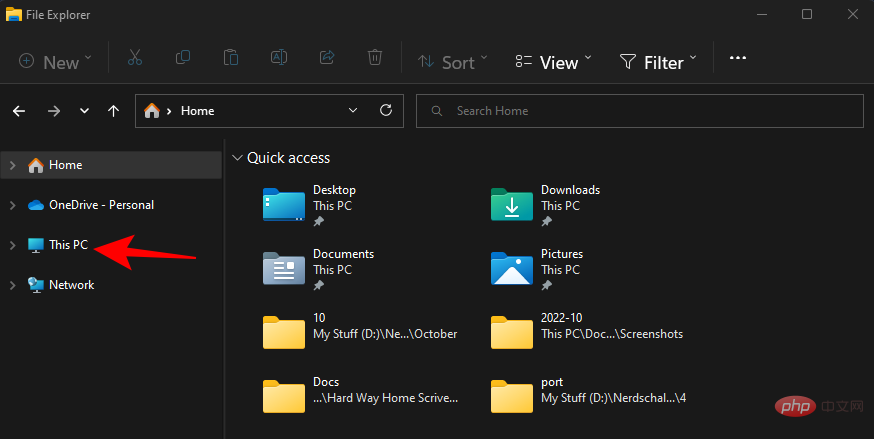
Then go to the following address:
C:\Windows
Alternatively, copy and paste the above into the address bar.
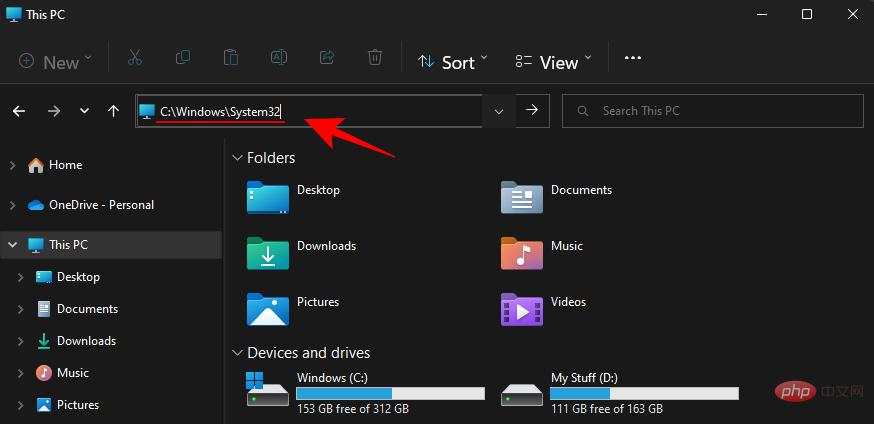
Note: If your Windows is not installed on the C drive, please replace the C in the above address with the drive letter where it is installed.
Then press Enter. Here, scroll down and find the System32 folder.
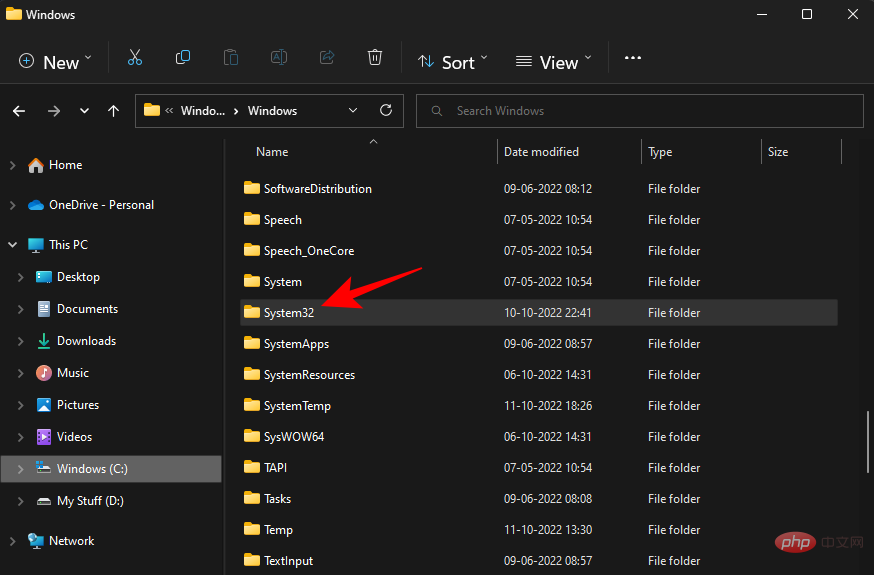
If you get an error message saying "You need permission to perform this operation", please refer to the FIX given below and learn how to get permission for this folder .
You can access the System32 folder and the files within it from the command prompt itself. Here's how to do it:
Press Start, type cmd, and then select Command Prompt.
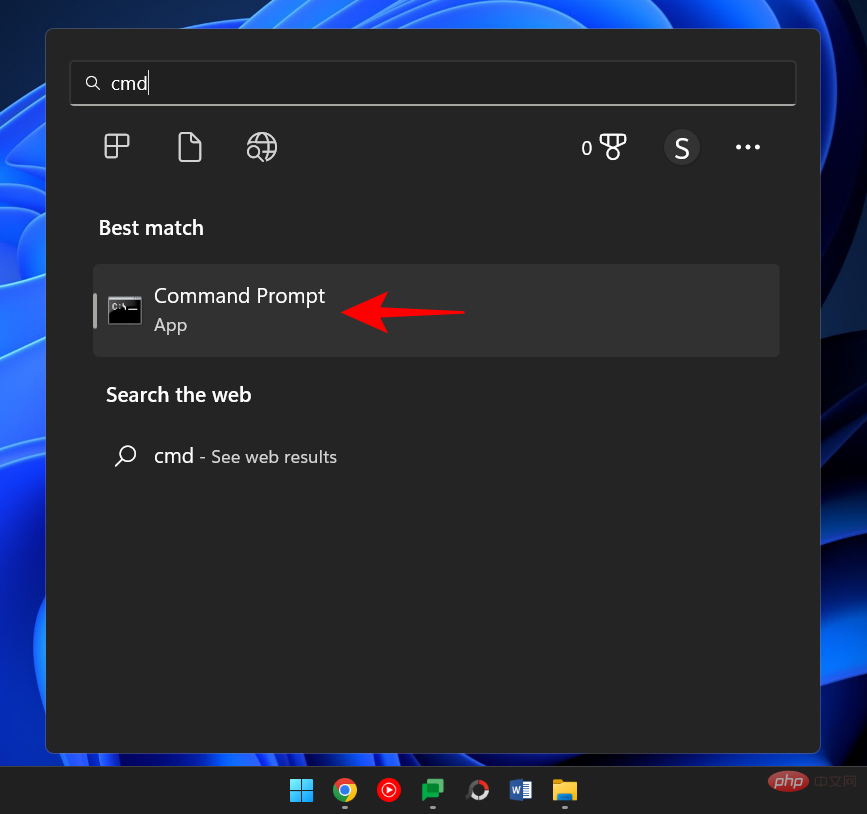
By default, you will access files local to the user.
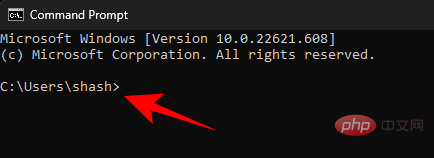
To access the System32 folder you must change directories here. Type the following command:
cd C:\Windows\System32
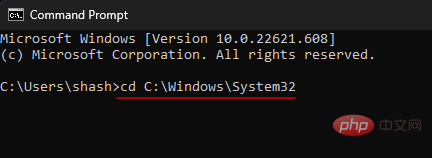
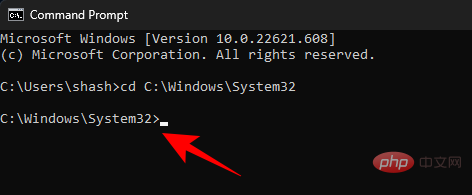
Run as administrator.
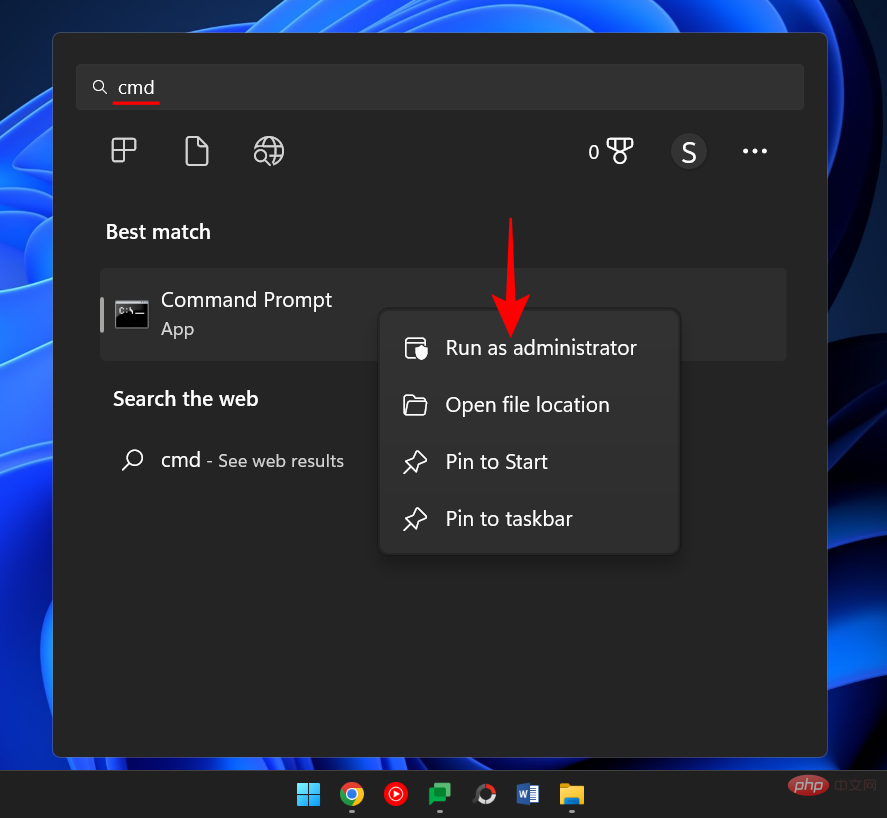
dir.

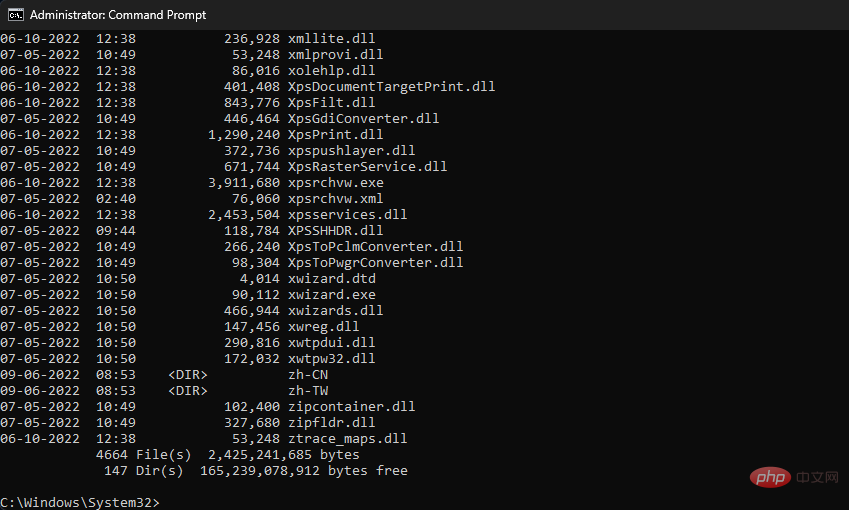
Win R to open the run box. Then type or copy and paste the following:
C:\Windows\System32
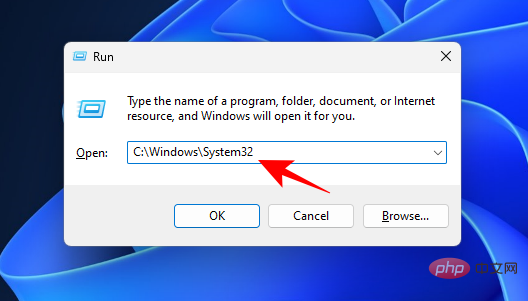
If you encounter an access denied error message while accessing the Sytem32 folder, then you will have to manually obtain the System32 folder of ownership. Here's how to do it:
Use the Win E key combination to open File Explorer. Then navigate to C:\Windows.
Right click on the System32 folder and select Properties.
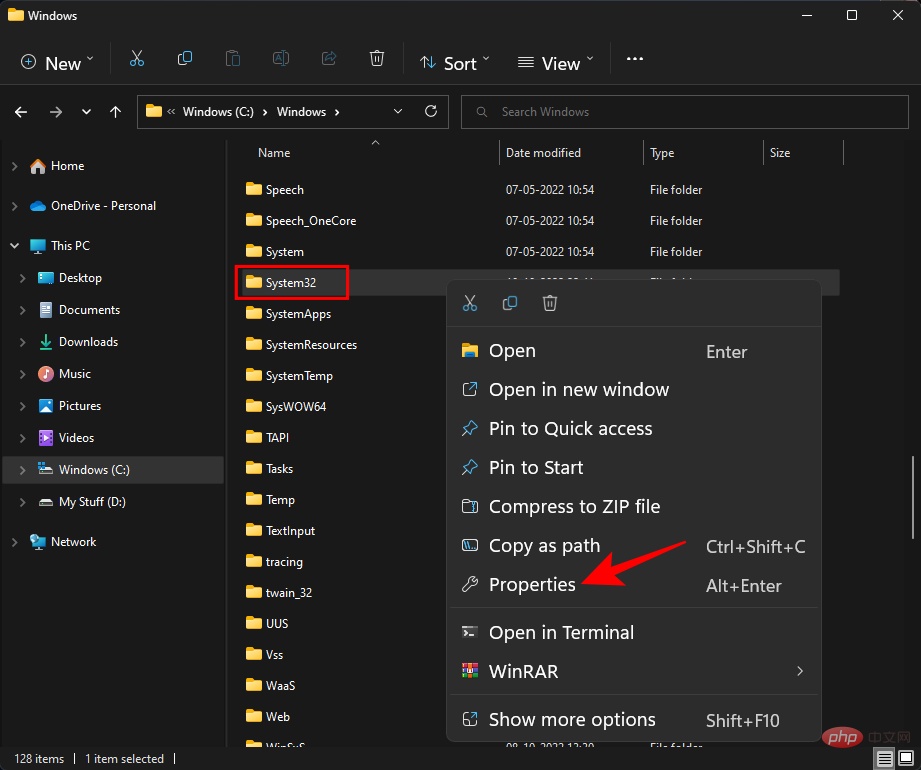
Click on the Security tab.
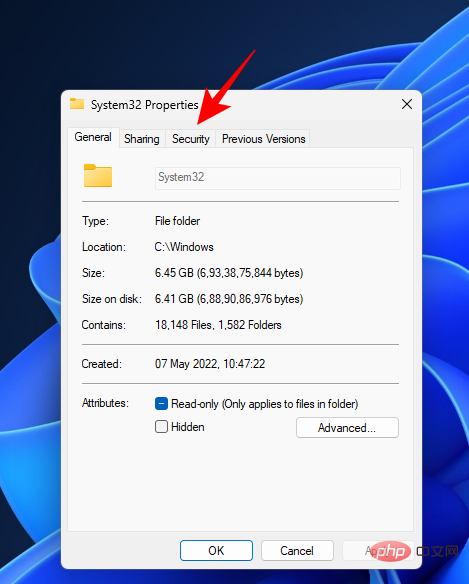
Click Advanced near the bottom.
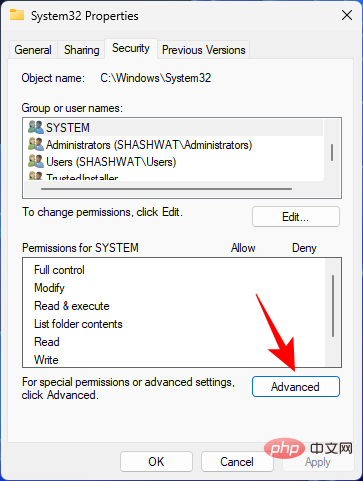
#Next to the owner, click Change.
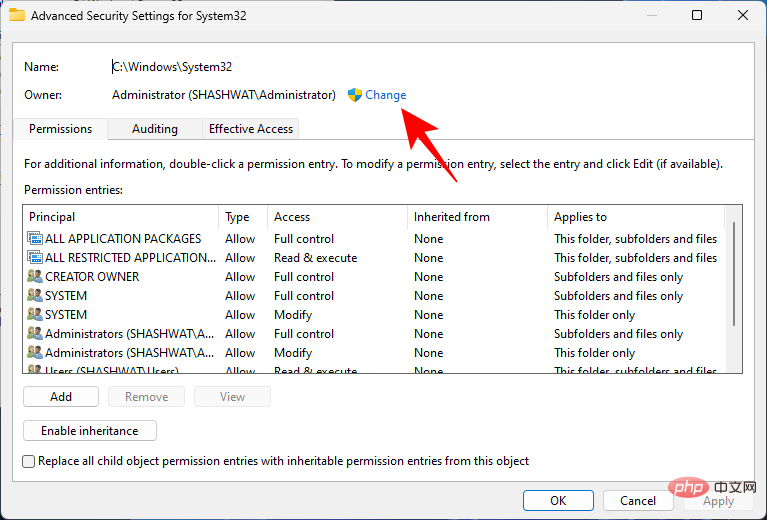
Click Advanced.
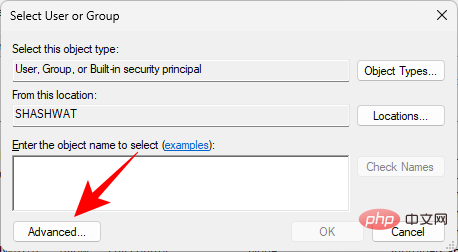
Then click Find now.
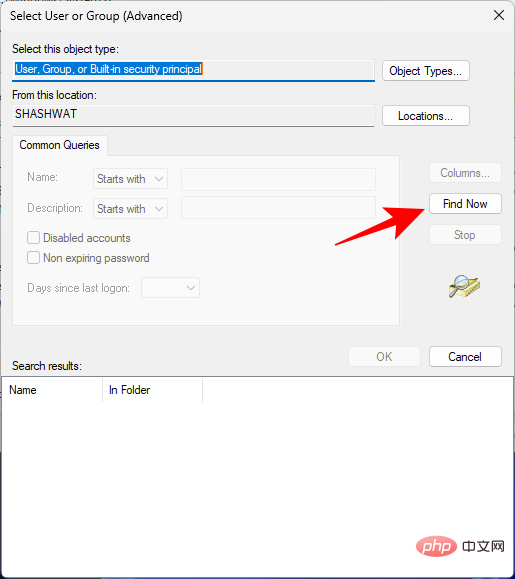
Then select the group or username you want to grant access to the folder. Or scroll down and select "Everyone" so everyone can access the folder.
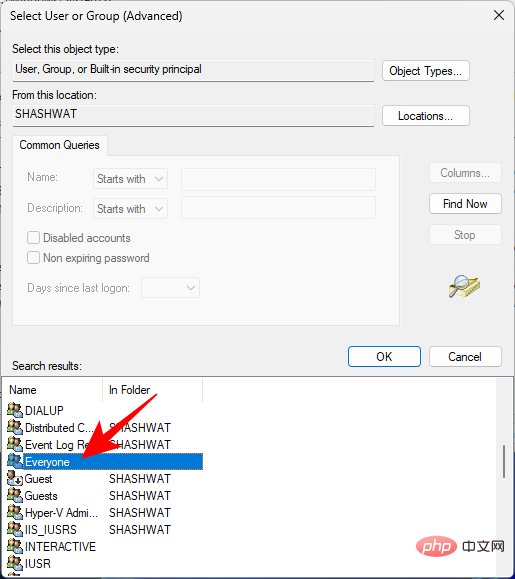
Click OK.
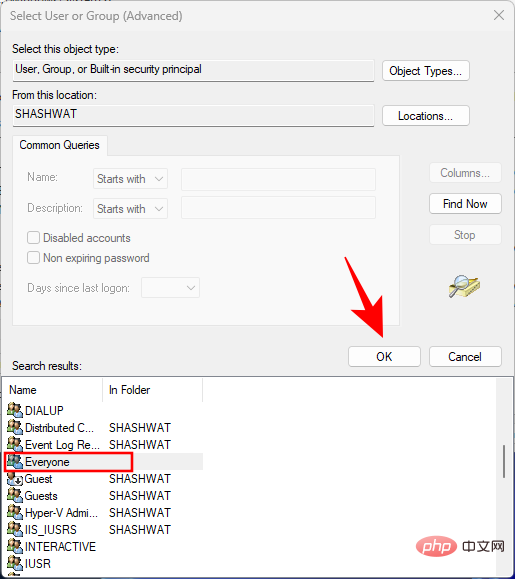
Now, check the box next to “Replace owners of subcontainers and objects”.
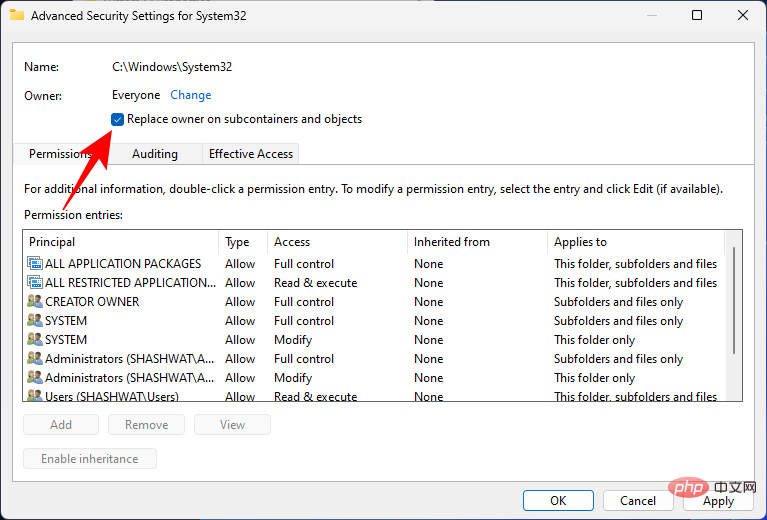
Click OK.
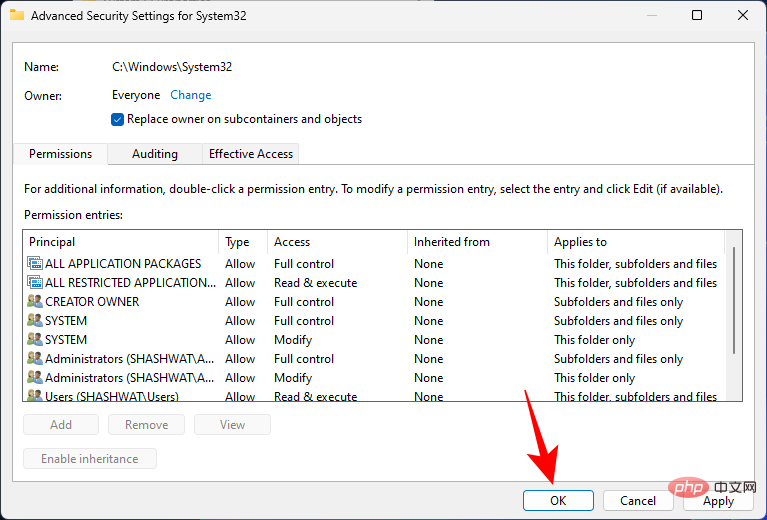
If prompted, click Yes. Then wait for the ownership to change.
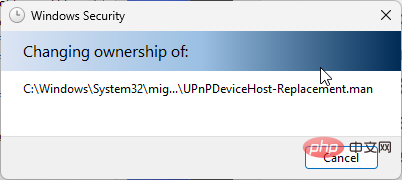
Click OK when prompted.
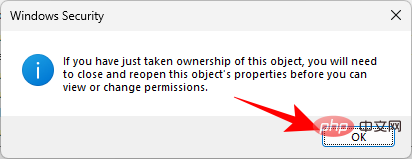
Click OK.
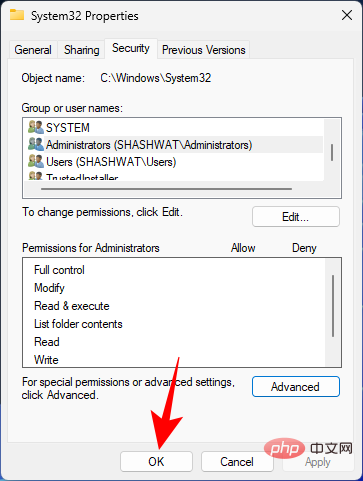
Now, right-click on the System32 folder again and select Properties.
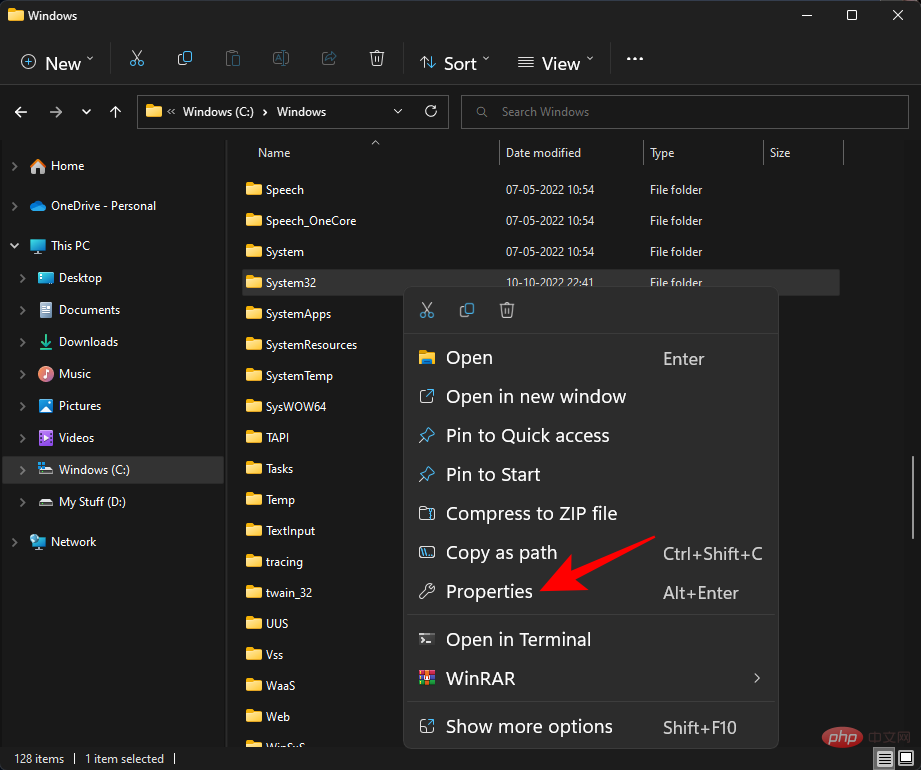
Go to the Security tab.

Select Administrator under "Group or Username". Then click Edit.
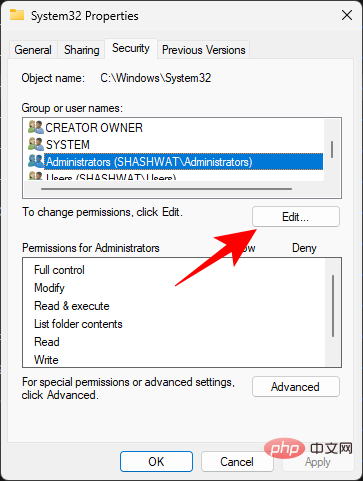
Select Administrator. Then put a check next to "Full Control" under "Allow".
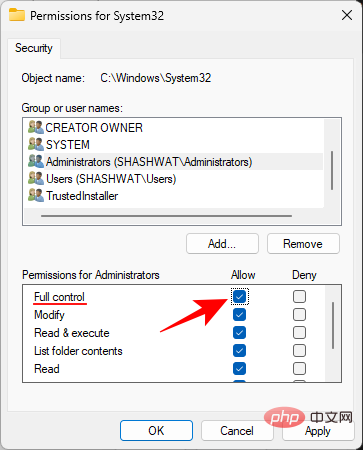
Click OK.
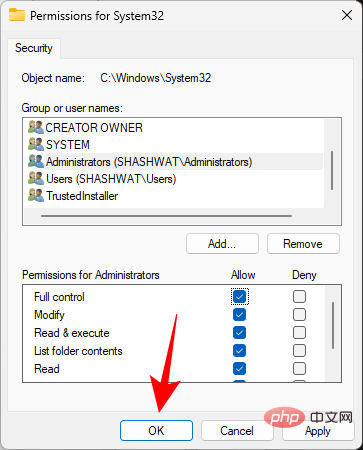
Click is
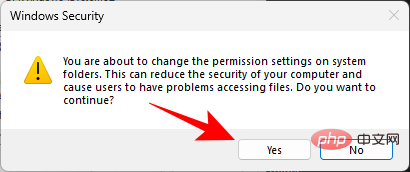
Click on all open windows Sure.
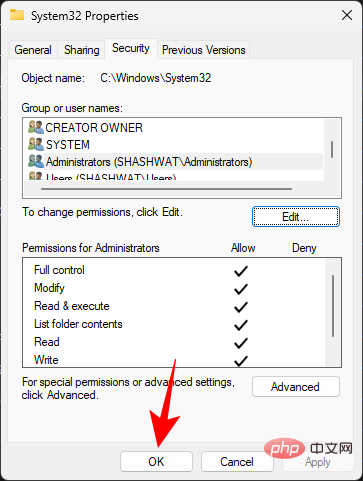
#You should now be able to access the System32 folder.
Ideally, the System32 folder should not open automatically. This issue may be caused by third-party applications, viruses, or corrupted registry files interfering with the system32 folder. Therefore, some checks and solutions must be tried to resolve this issue.
Viruses and malware are one of the main reasons why the system32 folder opens on startup. Therefore, the first solution to try is to scan for viruses. If you have antivirus software, turn it on and run a full scan.
If you don’t have antivirus software, you can still use Windows Security. Here's how to do it:
Place Start, enter "Virus & Threat Protection", and open it.
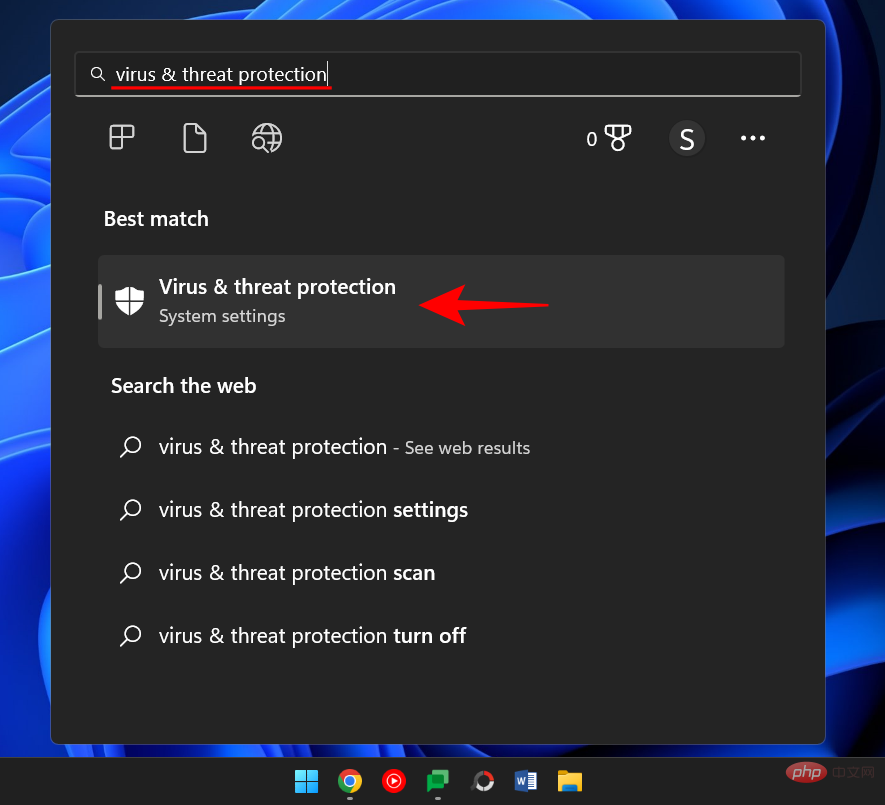
Now click on Scan Options.
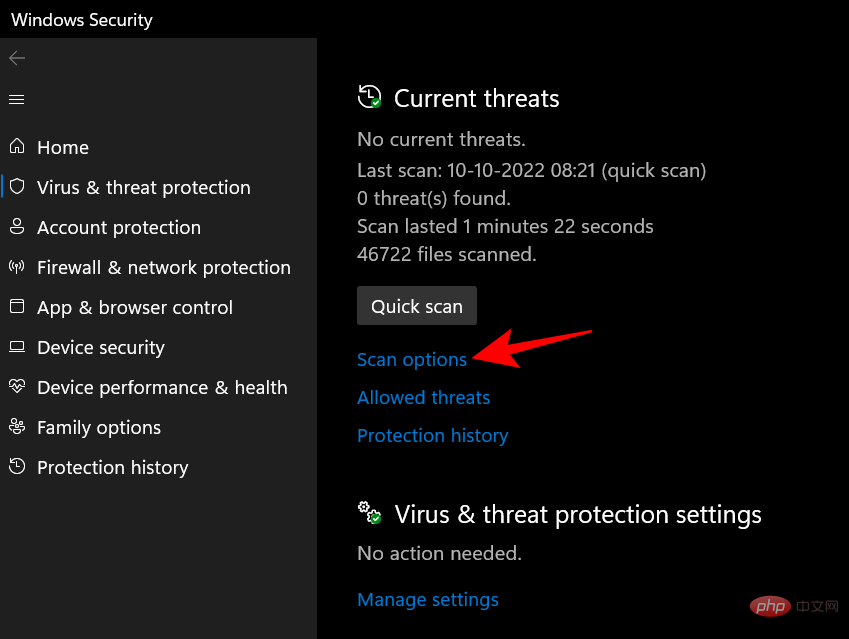
Select Full Scan.
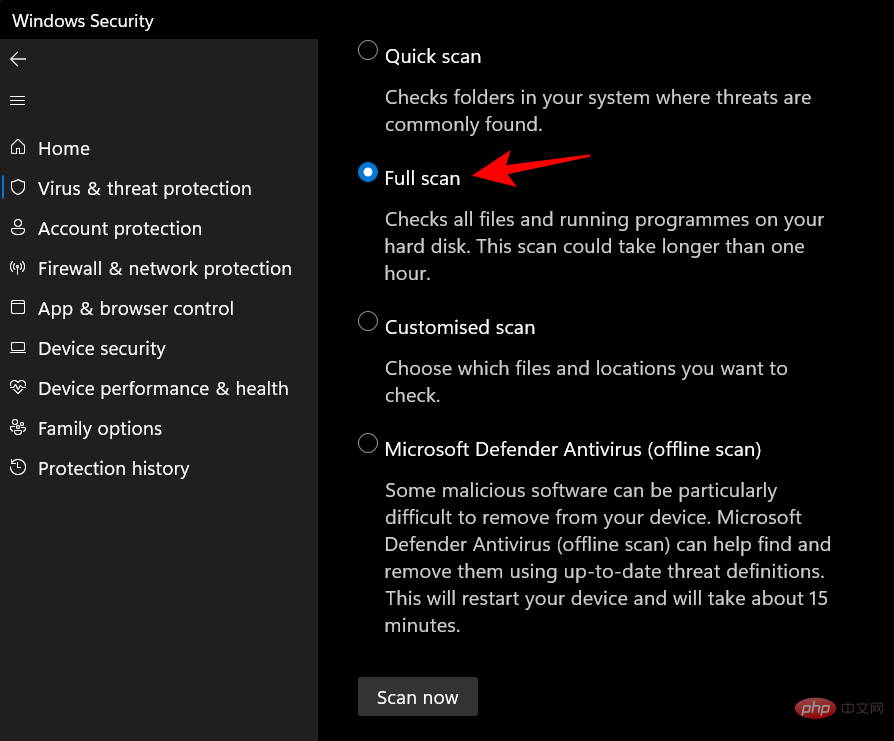
Then click Scan Now.
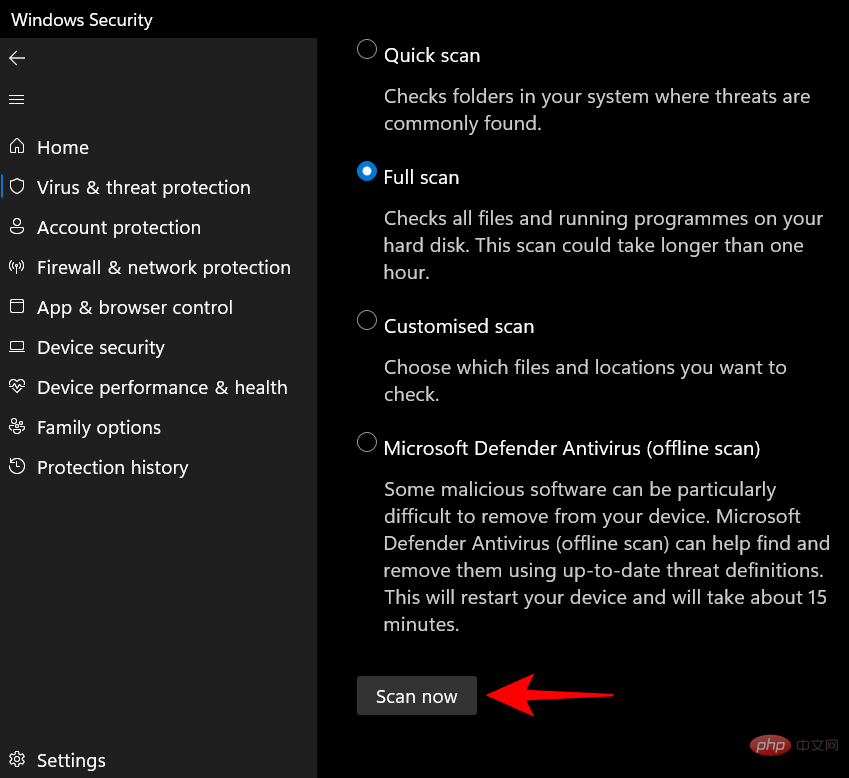
Wait for Windows Security Center to complete the scan and then restart the system.
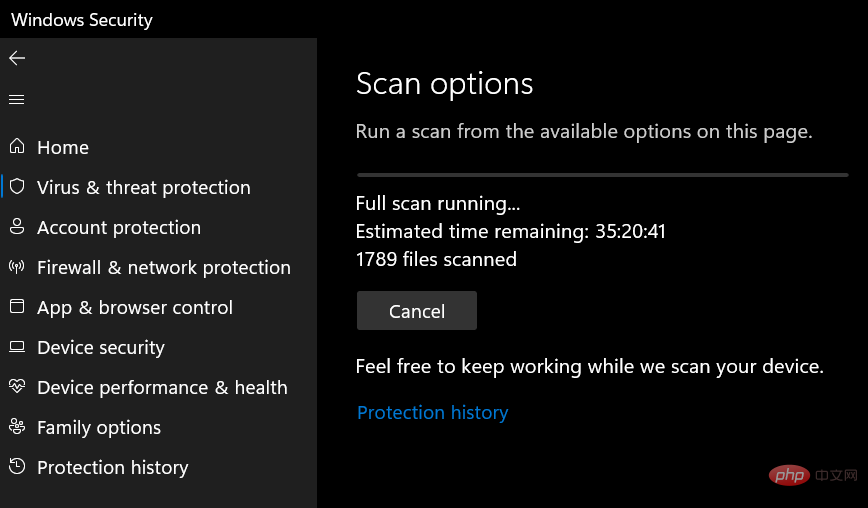
Corrupted or missing files may also be the reason why the system32 folder opens automatically. A quick SFC scan from the command prompt can help you check and resolve this issue. That's it:
Press to start, type cmd, right-click on Command Prompt and select Run as administrator.

Now enter the following command:
SFC /scannow

Click Enter.

Once completed, restart the system and check if the problem has been resolved.
Another thing to do is to make sure there are no third-party applications affecting the system. Here's how to find out:
Press Start, type msconfig, and then open System Configuration.
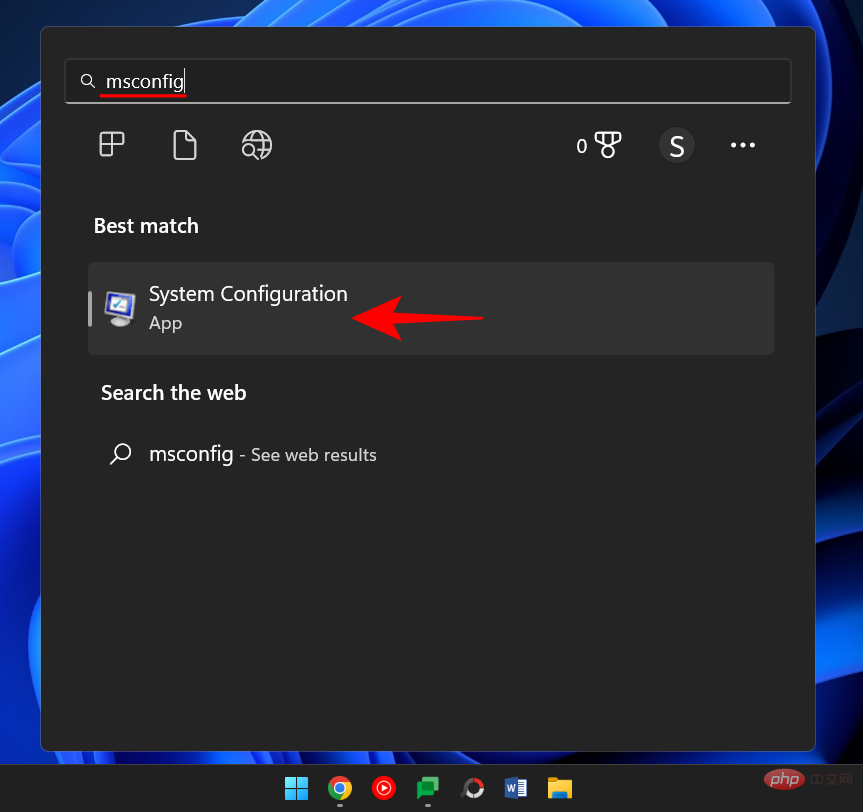
Go to the " Services" tab.
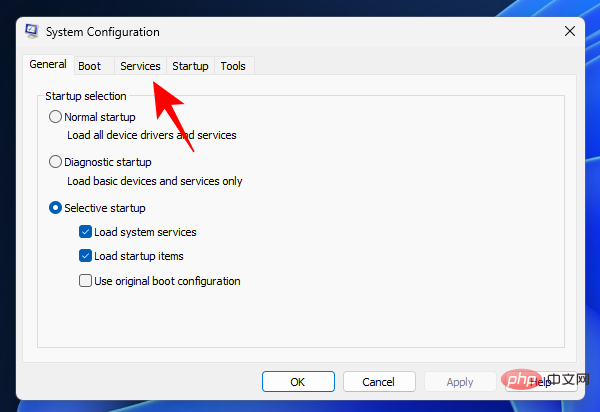
Here, check the Hide all Microsoft services checkbox.
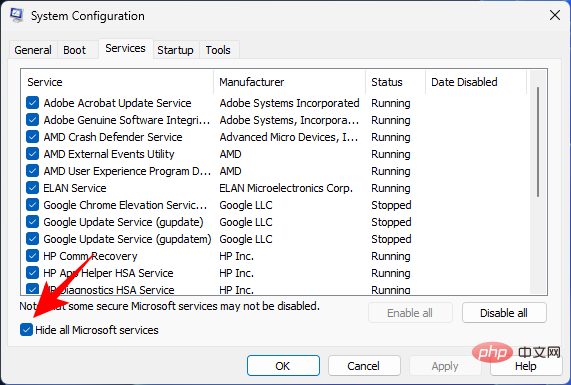
If some services are still selected, click Disable All.
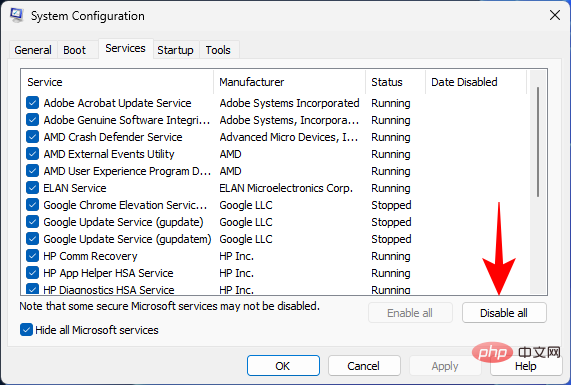
Then click OK.
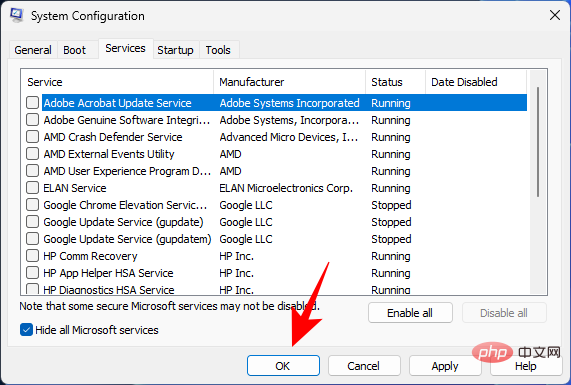
Finally, restart your PC. If the System32 folder does not open this time, then we can definitely say that one of the applications is causing the problem. Exactly which application to use can only be figured out through trial and error. Browse through recently installed apps, uninstall them one at a time, and check if the problem is resolved.
If none of the above fixes solve the problem, the last resort should not be to delete the System32 folder itself, but to perform a system restore. That's it:
Press Start, type Restore Point, and select Create Restore Point.
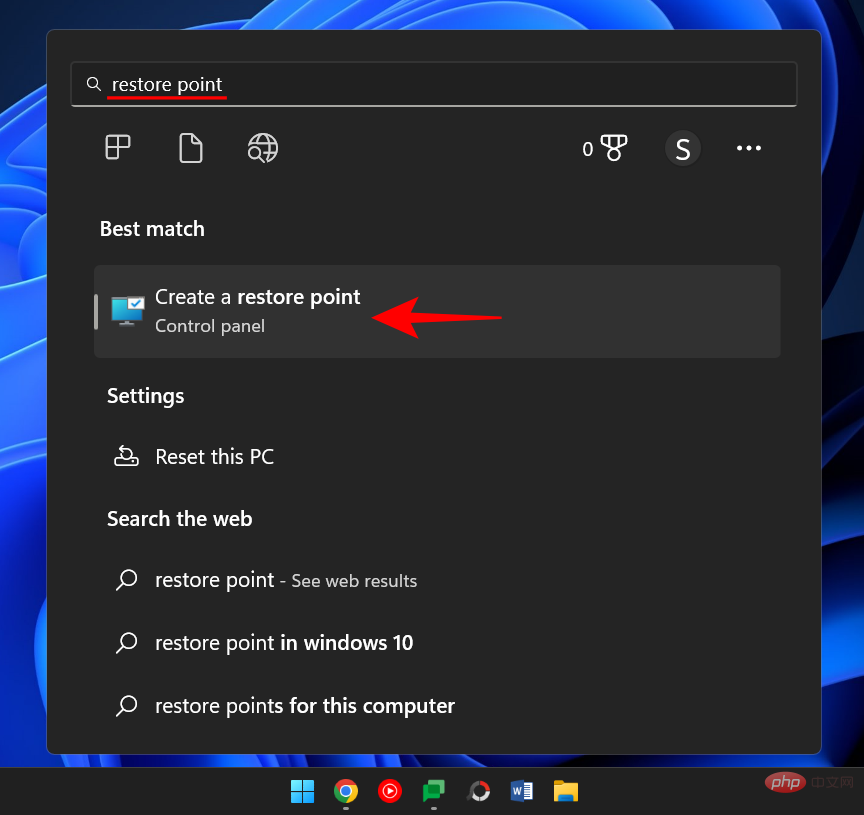
Click System Restore.
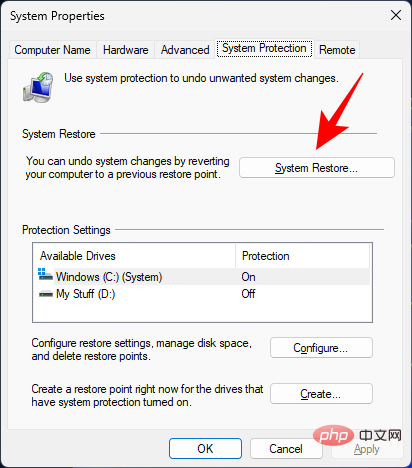
Here you can keep the default selection (restore recommended) and click Next.
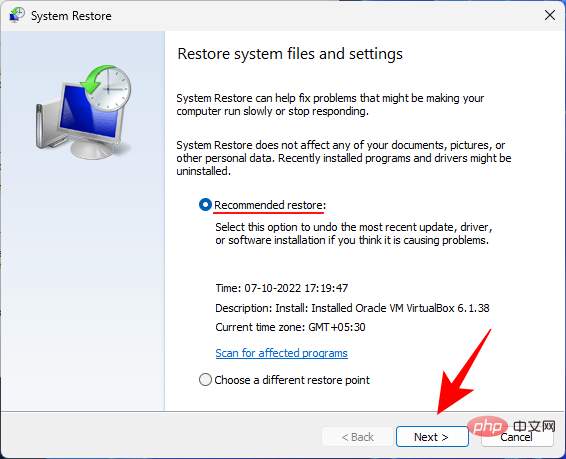
Alternatively, select Choose a different restore point and click Next.
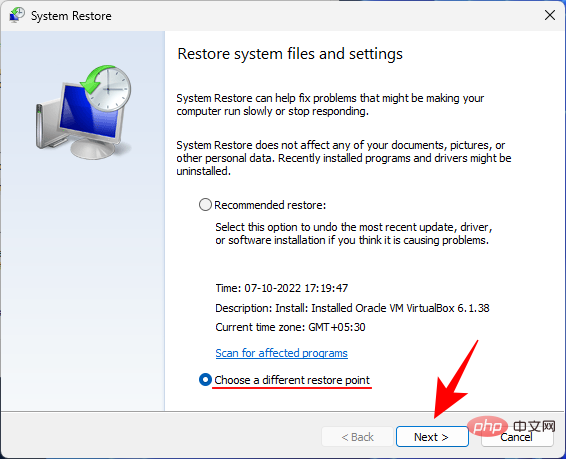
Here, check Show more restore points.
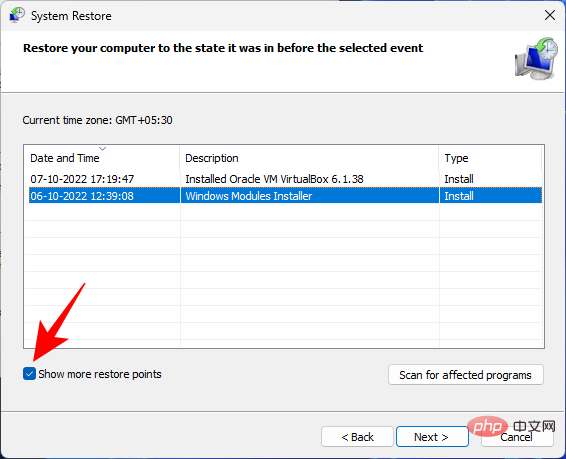
Select to restore the system to a previous event. Then click Next.
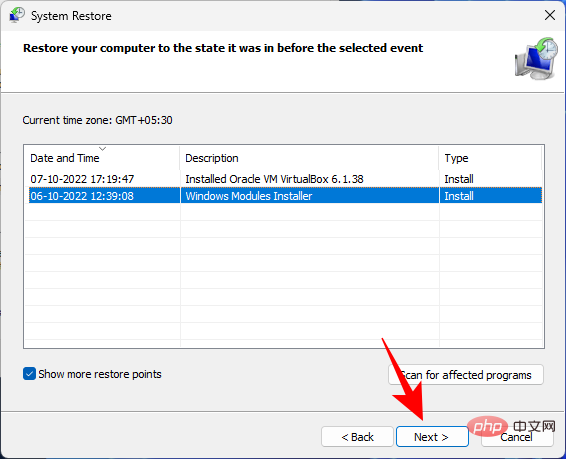
Click Finish.
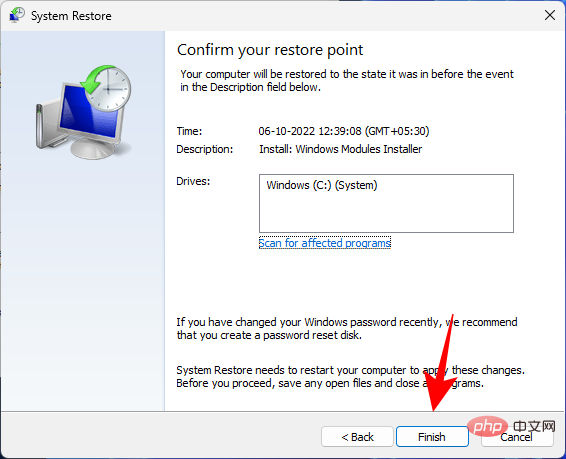
This will start the system restore process. Wait for it to complete and check if the issue is resolved.
Once they are able to access the System32 folder, users may sometimes find that certain files and folders they expect are not available. This is because the files and folders are hidden and can be resolved with just a few clicks.
To do this, press Win E to open File Explorer. Then click in the toolbar above to view .
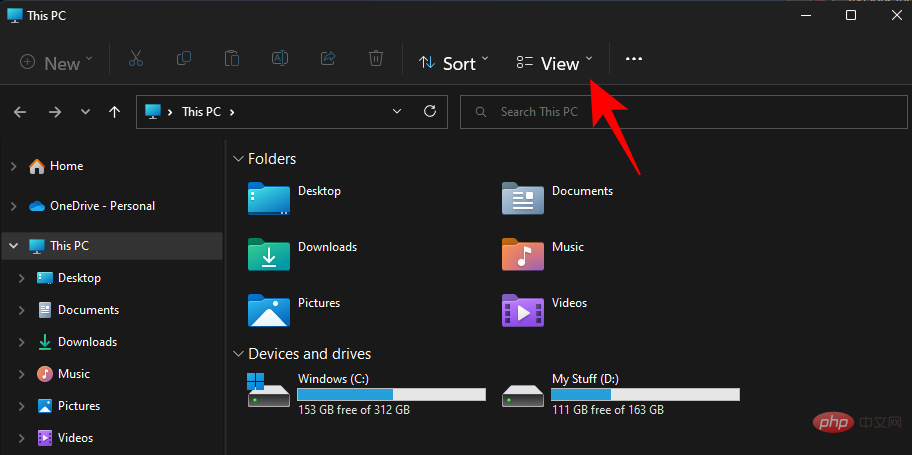
Select Show and click Hide Files so that a check is placed next to it.
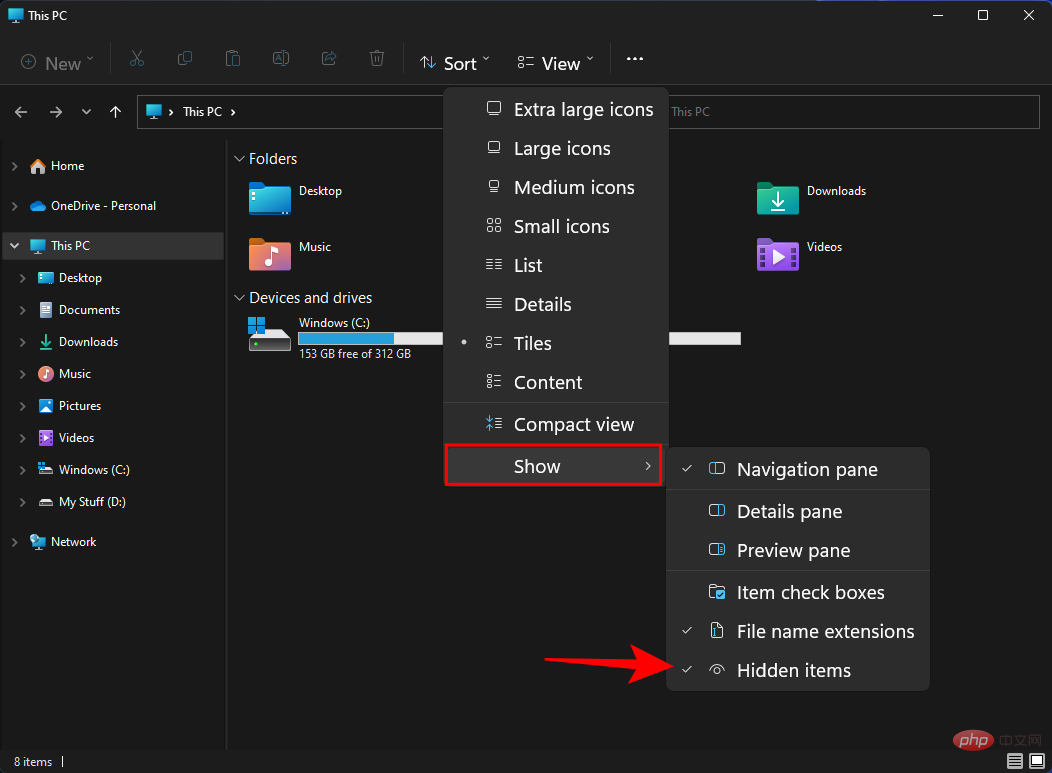
You can now view all hidden files and folders as well.
The System32 folder is one of the most prominent folders on Windows PC. It's very easy to access it to view the files and folders that make up some of its most important files. However, never delete or modify the files within it unless you know what you are doing, lest you end up causing irreversible damage to your PC.
The files and folders in the System32 folder are related to various programs you may already know, such as PowerShell and command terminals like Command Prompt, Control Panel, Task Manager, Computer Management, Disk Management, and more. For example, if you open Command Prompt, you are basically accessing the cmd executable file found in this folder.
However, there are many files in the System32 folder that you may never open yourself, but they are very important to the proper operation of many applications and services. Even Windows registry files that may have a profound impact on the general functionality of system-wide operations are located in the System32 folder.
Because the proper functioning of Windows depends on many important files and subfolders, the System32 folder should be considered untouchable as it is Windows itself.
In a word - yes, but it will only harm your own system. Windows itself puts up several hurdles to prevent you from going further down this path. But if you're persistent, you can actually do that, but it won't do you any good. For example, anyone who advises you to delete the System32 folder to rid your computer of viruses is just trying to get you to kill your system.
Even if you manage to delete this critical folder, the result won't be as explosive or loud as some online memes would have us think. Instead, it slowly fades away with a whimper while Windows looks for the missing files (to no avail) and begins its repair work, creating a host of errors and problems.
The above is the detailed content of 3 Ways to Open System 32 Folder on Windows 11 or 10. For more information, please follow other related articles on the PHP Chinese website!